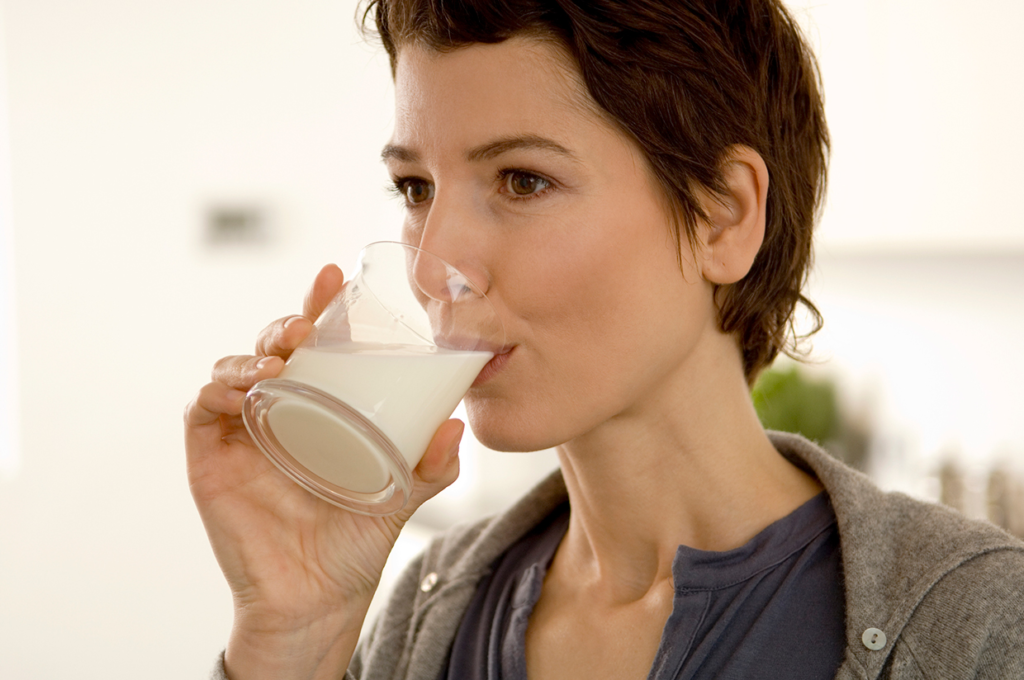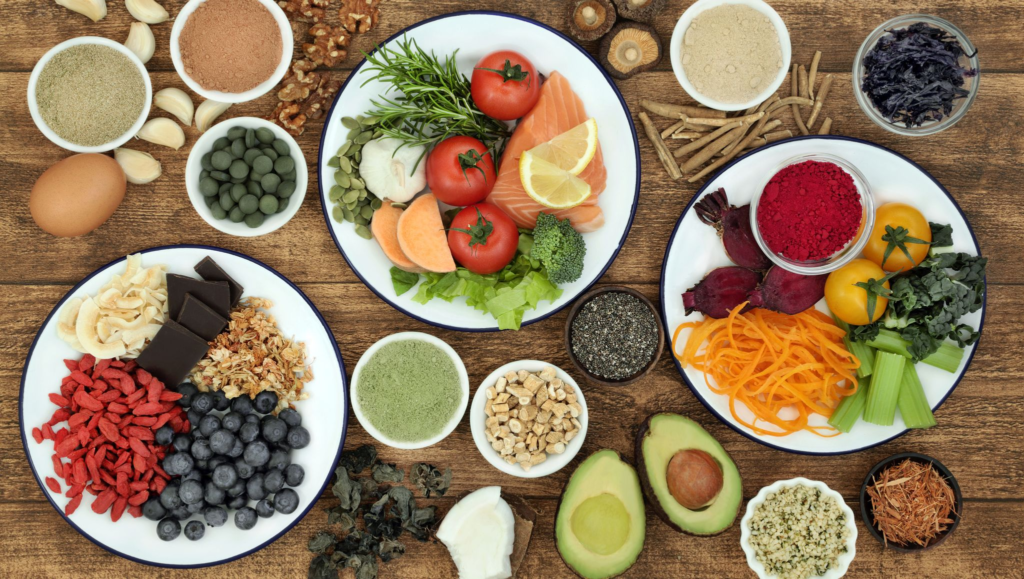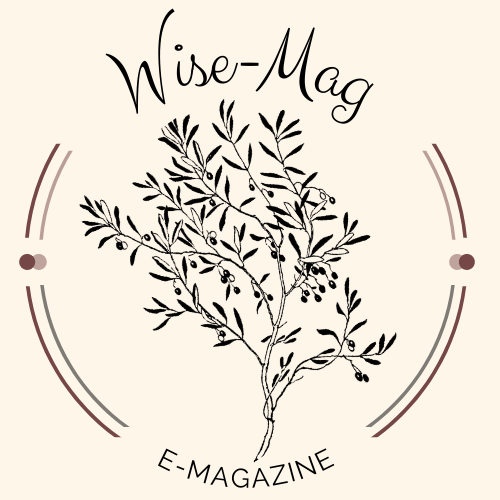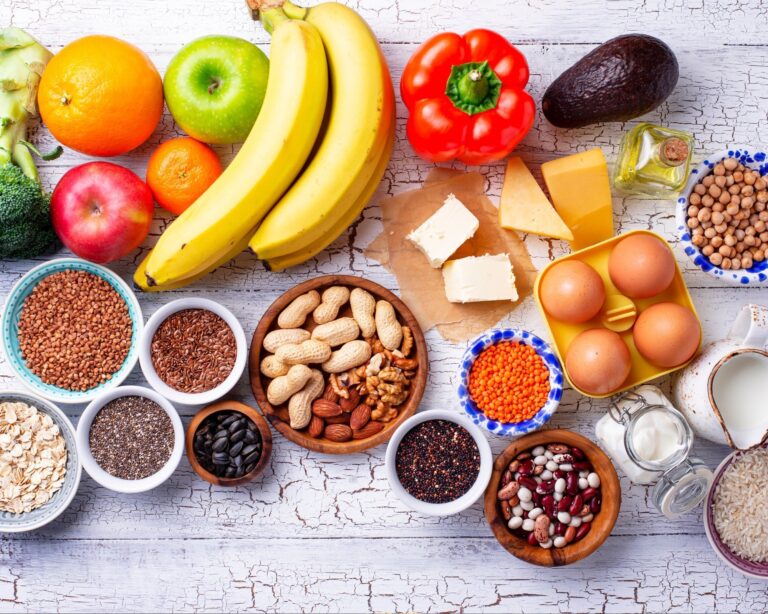Common Breast Cancer FAQ (Part 1)

1 in 4 women get breast cancer through their lifetime. Why do some people get breast cancer and some people don’t? Is it the food, the lifestyle, genetics or is it just luck?
Hence, on part 1 of Frequently Asked Questions (FAQ), we answer all your queries on breast cancer.

1. Is dairy (milk) linked to a higher risk of breast cancer?
Dairy products contain oestrogens and insulin-like growth factor-1 (IGF-1), hormones that naturally occur in cow’s milk. Consuming dairy products can lead to excess levels of these hormones in the body, which are linked to breast cancer. Oestrogens are present in all cow’s milk but are more concentrated in milk from pregnant cows (dairy cows are impregnated annually and are milked during much of their pregnancy). Humans also produce IGF-1 in response to drinking milk, leading to significantly increased concentrations in the body.
However, research showing the association between dairy and breast cancer is mixed. It is encouraged to limit cow’s milk intake to maximum 2 glasses a day.

2. Is hair dye linked to a higher risk of breast cancer?
A recent study, published by the National Institutes of Health in 2019, suggests that breast cancer risk increased with more frequent use of these chemical hair products. This study found that women who use permanent hair dye and chemical hair straighteners at least every 5-8 weeks were about 30% higher risk of developing breast cancer than women who don’t use these products.

3. Can breastfeeding reduce the risk of breast cancer?
The risk of developing breast cancer reduces by 4.3% for every year a mother breastfeeds.

4. Can physical activity reduce the risk of breast cancer?
Exercise boosts the immune system and helps to keep weight in check. With as little as 3 hours of exercise per week, or about 30 minutes’ of moderate intensity of exercise a day, a woman can lower her risk of breast cancer.
Women who are lean have a lower risk of breast cancer after menopause compared to heavy women. Being active may also lower blood estrogen levels.

5. Can a healthy diet help to prevent breast cancer?
A low-fat diet with plenty of fruits and greens and orange vegetables rich in carotenoids can help reduce the risk of developing breast cancer. A high-fat diet increases the risk because fat triggers estrogen production that can fuel tumor growth.
References
- Dairy Consumption Linked to Prostate, Ovarian, Breast Cancers, Finds New Narrative Review. Physicians Committee Responsible for Medicine.
- Permanent hair dye and straighteners may increase breast cancer risk. National Institutes of Health.
- Breastfeeding for Cancer Prevention. Centers for Disease Control and Prevention.
- Circulating sex hormones and breast cancer risk factors in postmenopausal women: reanalysis of 13 studies. Br J Cancer.
- Nutrition Services for Cancer Patients. Stanford Medicine.







